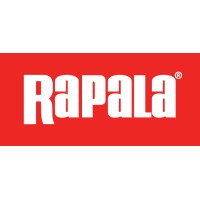
Epix Gear
Epix Gear was founded in 2008 with the mission to bring athletes exciting, unique, and performance-driven athletic apparel. After just 3 years, we have established a reputation for the innovative design and quality of both our customized and retail apparel. The Epix team is passionate about sport, and we love creating products that make a difference on race day. We understand what it takes because we train hard and race often. As we get stronger , our products do as well. We also believe in forming close ties to the athletic community, which Epix does through sponsorships of amateur athletes and events. We have a particular view in terms of design and performance, and we understand that our customers are the most demanding out there. Epix is a young company, which means we notice and care about each and every customer. We work hard to make sure you are happy with our products, and stand by them 100%....because the continuation of our story depends on it!






